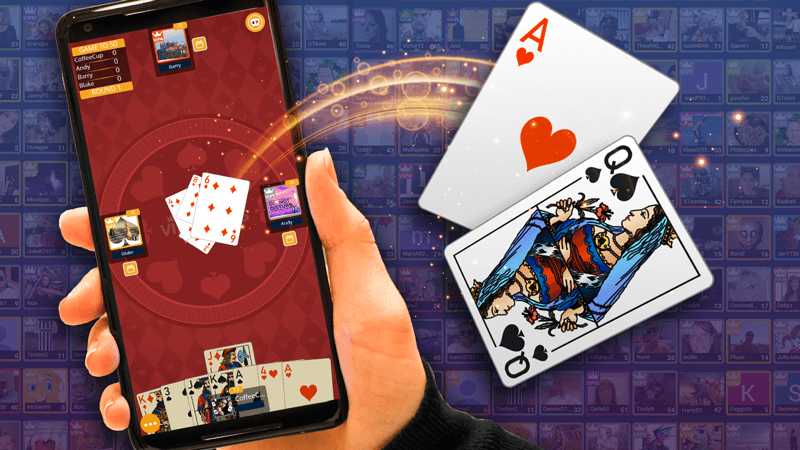Online gaming has transformed from a niche hobby into a global phenomenon that captivates millions. With advancements in technology and the proliferation of high-speed internet, online games have become a staple in entertainment, connecting players from diverse backgrounds and geographical locations. This article explores the evolution of online games Megaxwin, their cultural impact, and the future of this dynamic medium.
A Brief History of Online Gaming
The roots of online gaming can be traced back to the late 1970s and early 1980s when computer enthusiasts began experimenting with multiplayer capabilities. Early examples include text-based games like MUD (Multi-User Dungeon), which allowed players to explore virtual worlds and interact with each other in real time.
The 1990s marked a significant turning point with the introduction of graphical user interfaces and the internet. Games such as Ultima Online (1997) and EverQuest (1999) popularized massively multiplayer online role-playing games (MMORPGs), offering expansive worlds and social interaction among players.
As broadband internet became more widespread in the 2000s, online gaming reached new heights. Titles like World of Warcraft (2004) attracted millions of subscribers, demonstrating the potential for sustained engagement and community building. Simultaneously, the rise of casual gaming platforms such as Miniclip and Kongregate provided accessible gaming experiences for a broader audience.
The Social Aspect of Online Gaming
One of the most significant contributions of online gaming is its ability to foster social connections. Multiplayer games encourage collaboration and competition, creating communities that transcend geographical boundaries. Platforms like Steam and Discord have emerged, providing players with tools to communicate, share experiences, and organize events.
Esports, competitive gaming at a professional level, has also gained immense popularity. Major tournaments draw millions of viewers and offer lucrative prize pools, transforming gamers into celebrities. Titles like League of Legends, Dota 2, and Fortnite have solidified esports as a legitimate career path, further intertwining gaming with global culture.
The Cultural Impact of Online Games
Online games have significantly influenced popular culture, shaping trends in music, fashion, and even social movements. Iconic characters like Mario and Link have become cultural touchstones, while games like The Legend of Zelda and Final Fantasy have left indelible marks on storytelling in digital media.
Moreover, online games often reflect societal issues, allowing players to engage with themes such as conflict, environmentalism, and identity. Games like This War of Mine and Papers, Please challenge players to confront ethical dilemmas and empathize with diverse perspectives, highlighting the medium’s potential for social commentary.
The Future of Online Gaming
As technology continues to evolve, so too will the landscape of online gaming. The rise of virtual reality (VR) and augmented reality (AR) promises to enhance immersion, enabling players to experience games in unprecedented ways. Platforms like Oculus and Microsoft’s HoloLens are paving the way for more interactive and engaging gameplay.
Additionally, the integration of artificial intelligence (AI) in gaming is set to revolutionize how games are developed and experienced. AI-driven NPCs (non-player characters) can create more dynamic and responsive game worlds, enhancing the overall player experience.
